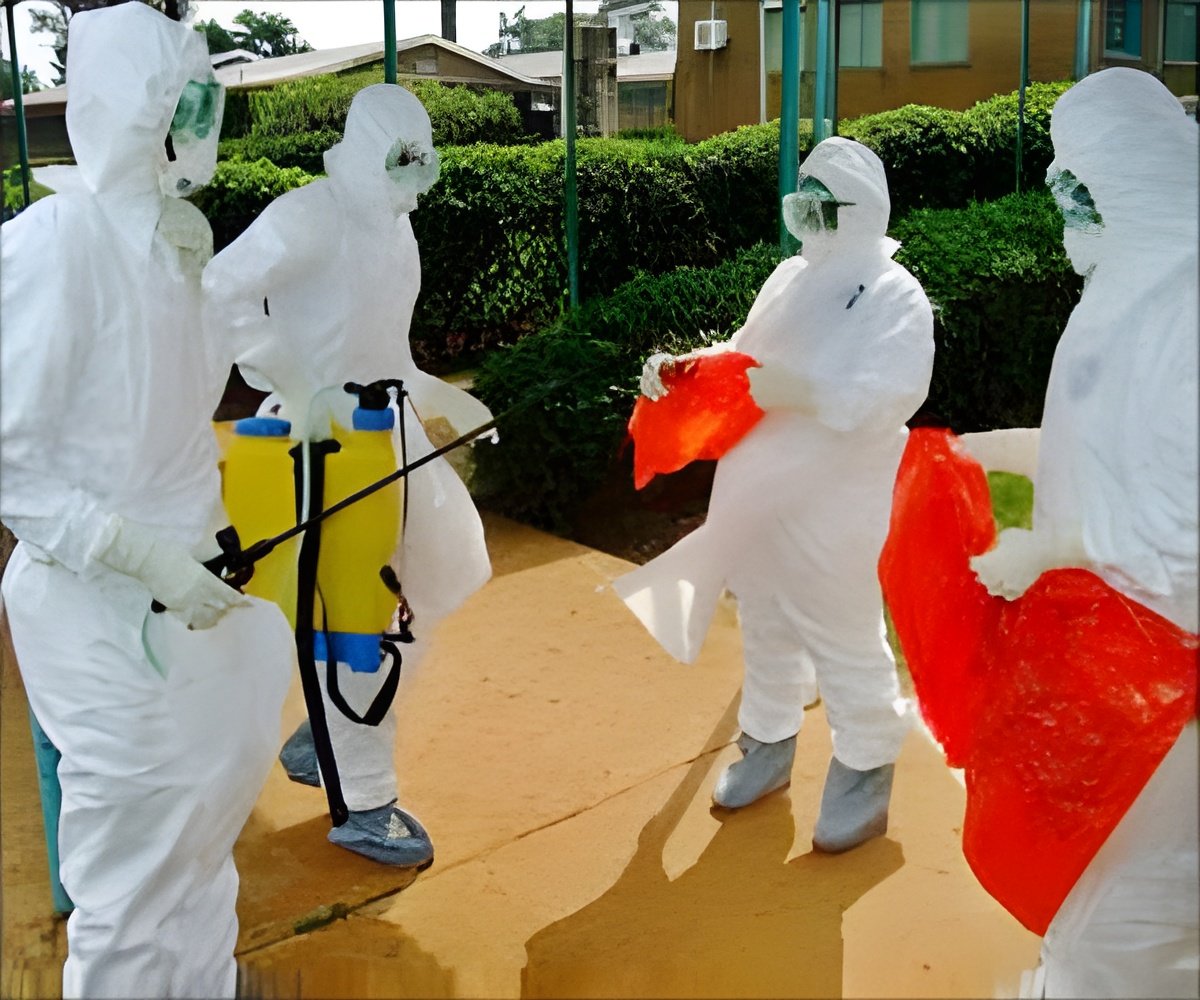The Ebola crisis now has a reasonable chance that it could end quickly and has passed the tipping point , said the UN special envoy on Thursday.

"I'm absolutely delighted to see that the incidence of confirmed Ebola cases week-on-week is reducing," Nabarro told AFP in an interview.
"This suggests that we have passed the tipping point and we are beginning to be on the downward slope of the outbreak," he said.
Liberia reported its lowest weekly number of new cases since early June, while Guinea and Sierra Leone both saw the fewest new cases since August.
More than 8,400 people have died since the Ebola outbreak began in Guinea in December 2013, nearly all of them in the three hardest-hit countries: Guinea, Liberia and Sierra Leone.
Stopping transmission -
Advertisement
"If services are well used, frankly, transmission drops like a stone, so it could easily end up that transmission will stop in a relatively short period," he said.
Advertisement
A US study released this week said Liberia, the worst-affected country, could see an end to the epidemic in June, while Sierra Leone's government has set a target of being Ebola-free by the end of May.
The United Nations, which is leading the international response to the Ebola crisis, has shifted to a "Phase II" approach that focuses more on contact tracing than emergency treatment, said Nabarro.
A key challenge in the coming weeks will be to prevent complacency in communities that have observed strict rules on physical contact to prevent the spread.
"People are itching to get back to touching each other," said Nabarro, who just returned from his sixth trip to West Africa. "Will that in turn lead to more transmission and risk? That's the worry."
The United Nations has come under harsh criticism by non-governmental organizations for its slow response to the epidemic and is facing calls for a review of the failings in addressing the Ebola crisis.
The WHO executive board is due to engage in some soul-searching about its handling of the Ebola crisis at a meeting in Geneva on January 21.
"We will need to have a much stronger global health institution that is better able to respond," said Nabarro.
"There is no reason why the WHO can't reorganize itself to do that."
Source-AFP










